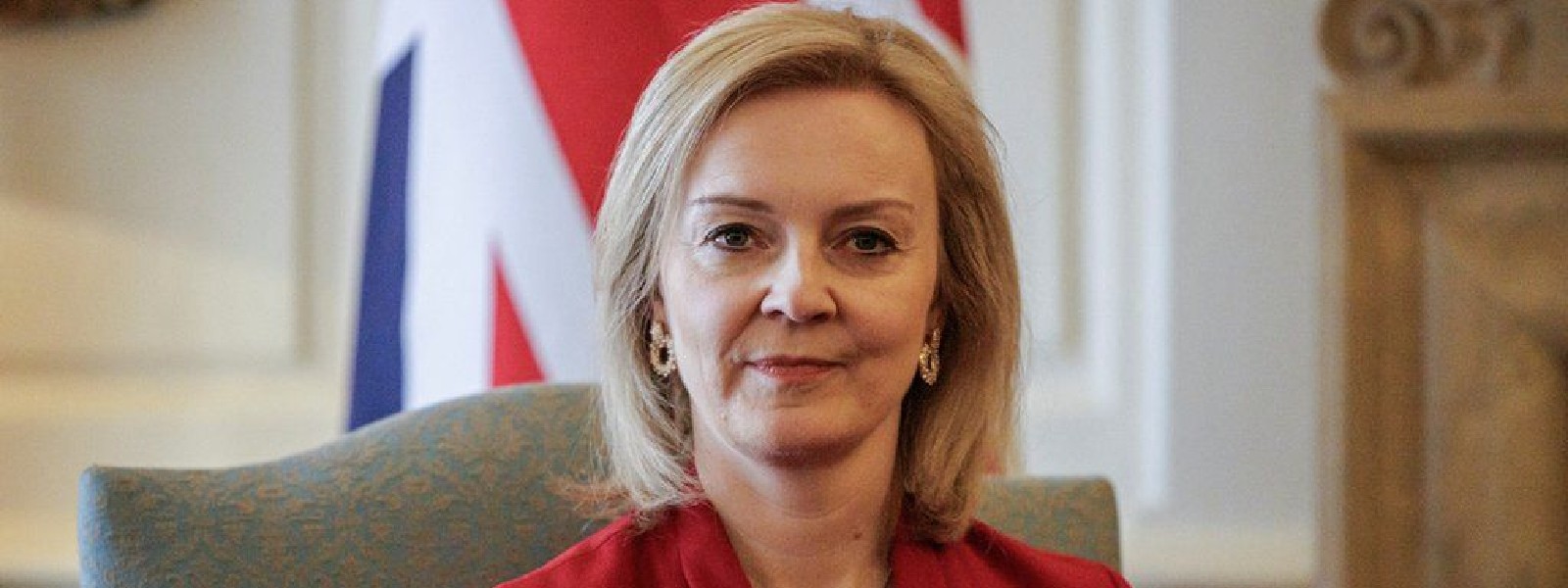.webp)

The fall of Truss: Britain's shortest serving Prime Minister
Britain's third female prime minister Elizabeth Truss has resigned from office just 6 weeks after she won the Conservative party vote beating her competitor Rishi Sunak. Her tenure in office was the most tumultuous time Downing street had faced since the second world war. She leaves the Conservative party imperilled and vulnerable to feuding internal factions.
Her beleaguered term in office began with a disastrous trickle down economic policy (popularly and successfully adopted by the American Republican president Ronald Reagan). The deeply unpopular policy that was reverted recently, rested on the premise of unfunded tax cuts. The dramatic close to her 44 days saw her preside over the depreciation of the value of the Sterling Pound, economic meltdown and catastrophic damage to the ruling Conservative party. Truss's disastrous economic legacy saw the government's cost of borrowing spiral, an emergency intervention from the central Bank of England and a reprimand from the International Monetary Fund.
Truss's sucessor will be the country's third prime minister for the year, flagging the nation's political instability. The resignation signalled the end to a series of seismic developments in the last two weeks beginning with the removal of Truss's chancellor of the exchequer Kwasi Kwarteng who hoped to champion his new economic policy, but instead crumbled under the weight of grave fiscal miscalculation. This was followed by the sacking of Home Secretary Suella Braverman after she breached ministerial procedure by sending an email from her personal email account.
The political calamity that is the legacy of Liz Truss, leaves the office open to critique, to the Labour party and factions within the Tories who are vying for the nowvacant office of the Prime Minister. In her resignation speech Truss was clear that she was unable to fulfill her mandate which is now in shreds.
Who might suceed Liz Truss?
From a shortlist of two potential candidates, selected by lawmakers, Conservative Party members will vote online to choose the victor. Labour leader Sir Keir Starmer says there needs to be a national election instead of an internal party vote (which is how Truss was elected). The ruling party is not accountable to the people and this is the result.
The Conservative party is divided and the daunting task of uniting the party to work towards progress together will fall to Truss's successor. The Tory Rishi Sunak is a major front runner for the position; as the former chancellor of the exchequer, Sunak has experience in economic crisis-fighting, having guided the UK through the Covid-19 pandemic. Furthermore, Penny Mordaunt leader of the House of Common is another contender along with former Prime Minister Boris Johnson. Many have advocated that Johnson may come as a 'unity candidate' to restore stability and to kill ideological division. What will the future of No. 10 Downing street hold?
Other Articles
Featured News





.png )


-797273_550x300.jpg)






















.gif)